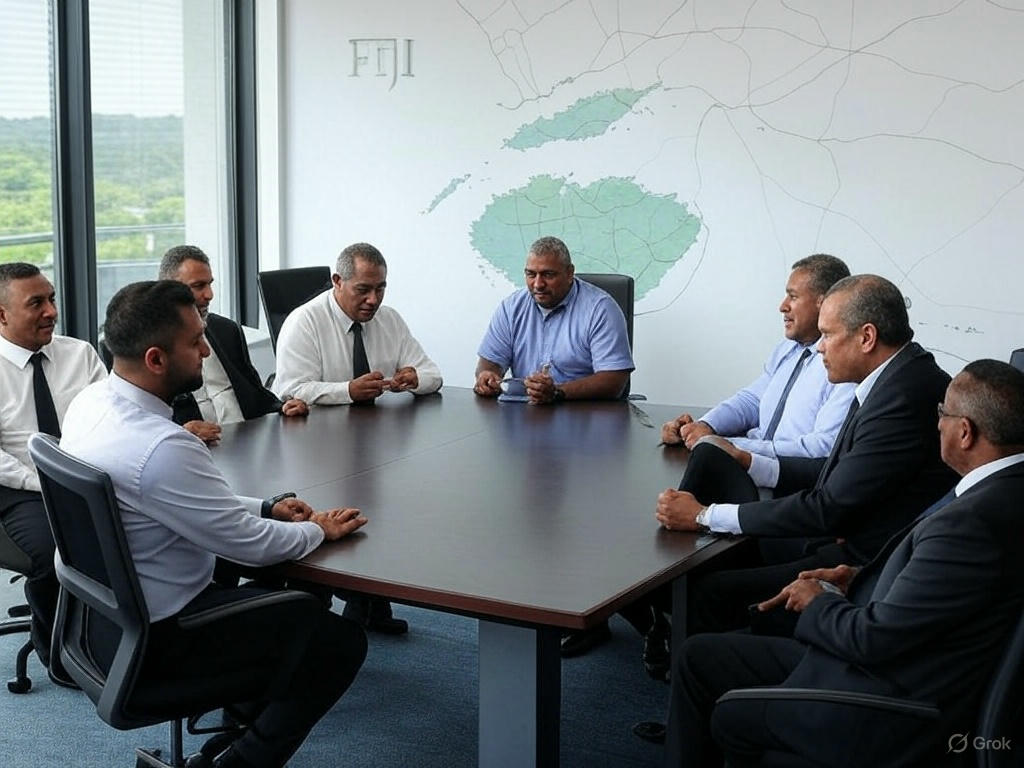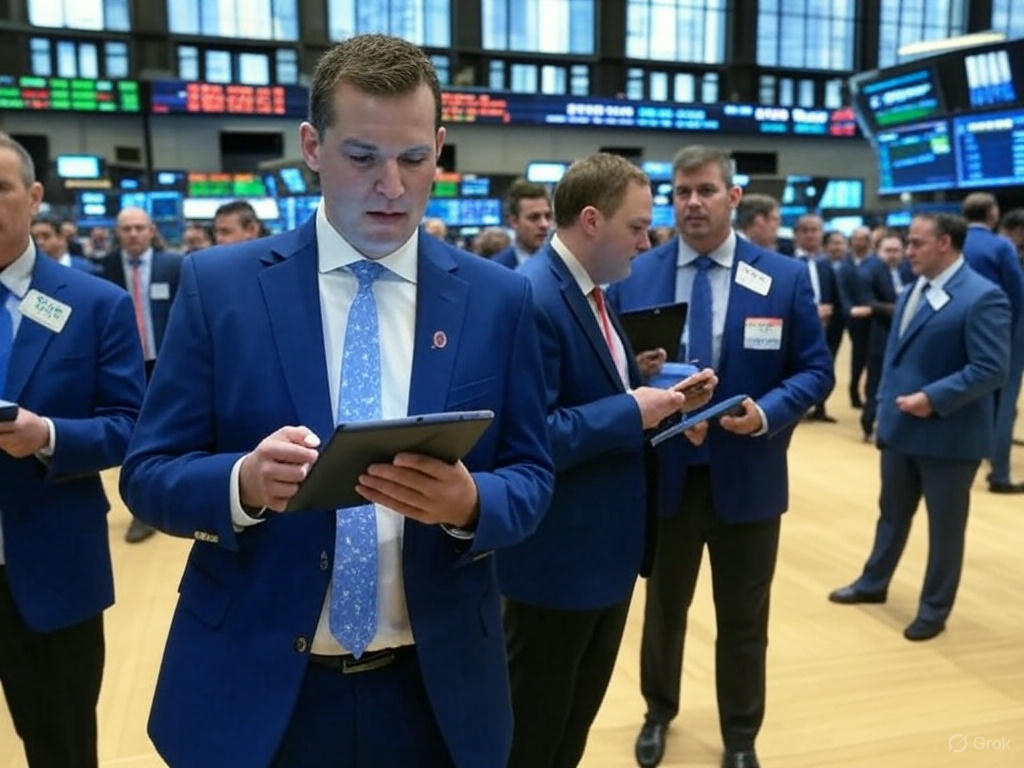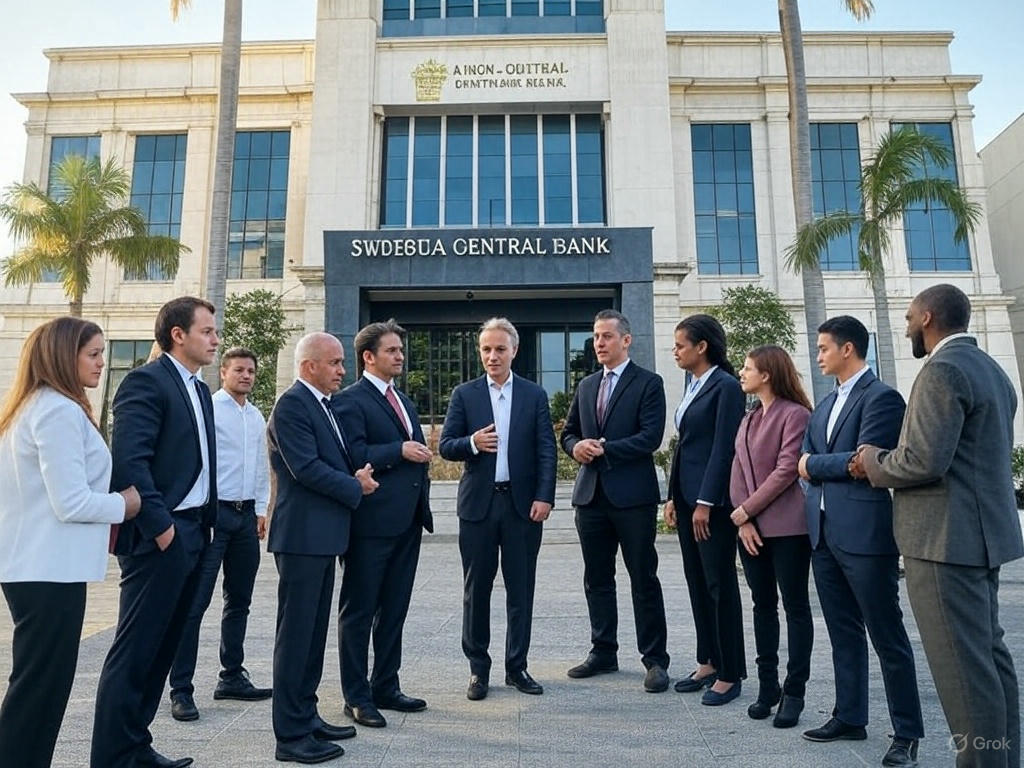SAN SALVADOR — El Salvador, the smallest and most densely populated nation in Central America, continues to make waves in global finance with its steadfast embrace of Bitcoin. On Christmas Day, the country added one more Bitcoin to its national reserve, bringing the total to 5,997.77 BTC, valued at approximately $595 million.
This move comes amid heightened scrutiny from international financial institutions, particularly the International Monetary Fund (IMF), which recently brokered an agreement with El Salvador. The deal raised eyebrows, as the IMF had previously advised the nation to temper its ambitious cryptocurrency agenda.
El Salvador’s bold embrace of Bitcoin continues to reshape its financial landscape, blending innovation with tradition during the festive season.
Despite these concerns, El Salvador appears undeterred. Stacy Herbert, director of the country’s Bitcoin Office, reassured skeptics on social media, emphasizing that Bitcoin purchases would continue “at an accelerated pace.” The government, she said, is doubling down on its commitment to the digital asset, signaling an audacious bet on the cryptocurrency’s future.
In the days following Herbert’s statement, El Salvador acquired 12 Bitcoins, followed by another single Bitcoin the next day, and has maintained a consistent pace of purchasing one Bitcoin daily. These acquisitions, proudly shared by the nation’s Bitcoin Office on social media, included a bold declaration: “We are still so early … wait until you see what we have in store for 2025!”
El Salvador’s enthusiasm for Bitcoin places it among a small group of nations leveraging cryptocurrency reserves as a strategic asset. Bhutan, for instance, has been mining Bitcoin since 2019, with its holdings now constituting nearly one-third of its GDP. Bhutan’s reserve of 11,688 BTC, valued at $1.16 billion, surpasses El Salvador’s in scale.
By contrast, countries like the United States and the United Kingdom hold even larger Bitcoin reserves, primarily derived from criminal seizures. The U.S. government currently holds 198,109 BTC, worth $19.68 billion, while the U.K. holds approximately 61,245 BTC, valued at just over $6 billion. However, unlike El Salvador and Bhutan, these holdings are often earmarked for liquidation rather than strategic development.
El Salvador’s commitment to Bitcoin reflects a broader challenge to traditional financial norms, positioning the country as a trailblazer in adopting alternative monetary strategies. Critics argue that such moves amplify economic risks, particularly for a nation with limited fiscal flexibility. Proponents, however, see these actions as a bold assertion of sovereignty and foresight.
As the global economic landscape evolves and Bitcoin’s role within it remains contested, El Salvador’s journey continues to capture international attention. Whether its gamble will be remembered as visionary or reckless is a question only time—and perhaps 2025—can answer.




